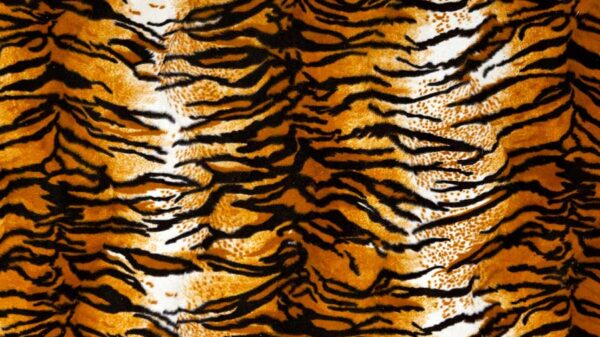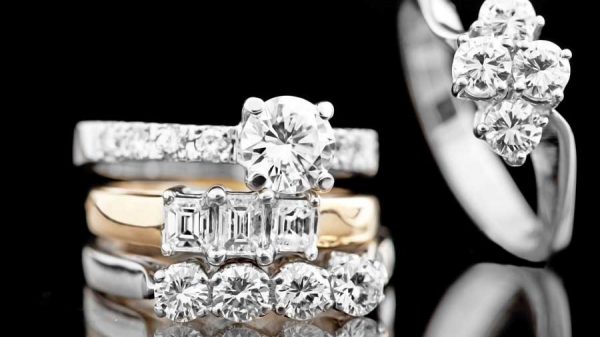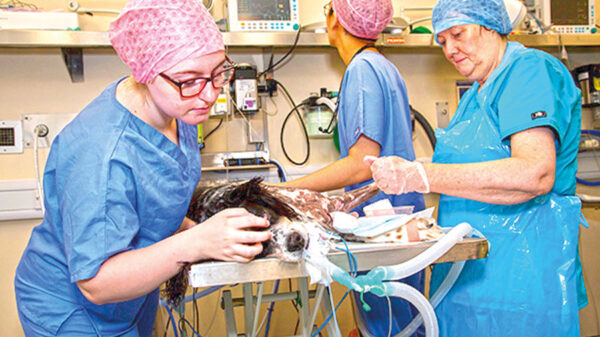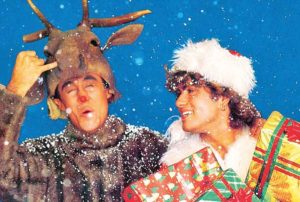Over 2000 years ago Christ was born in Bethlehem on the date commonly known as the 25th December which is probably inaccurate. It was more likely to have been somewhere around March – May. One of the reasons why this is thought to be true is in the songs and stories, shepherds were watching over their flock at night which did not happen in December. So why do we celebrate it on 25th December?
The reason is, 25th December has been a major religious feast day for thousands of years such as the Winter Solstice, and the birthday of Mithra in the Roman cult of Mithraism. Roman Emperor Constantine I (proclaimed Emperor in York!) changed the official religion of Rome to Christianity and from then on, Christianity was promoted by Christianising Pagan sites. To encourage more people to accept this new religion, some of the feast days were held on previously important pagan dates. So, 25th December became Christ’s birthday. The first mention of 25th December as the date of Jesus’ birth is found in an early Roman calendar from AD 336 – the year before the death of Constantine.
In early Christianity, however, 25th December was not as important a date as Epiphany on the 6th of January – the arrival of the Magi, and Easter was more widely celebrated too. The date took on more significance in 800AD when Medieval Emperor Charlemagne was crowned on Christmas Day, as were Edmund the Martyr in 855 and William the Conqueror in 1066.
In medieval times, Christmas was preceded by a time of fasting during advent. It was a time of repentance to prepare for the coming of Christ. Christmas was then celebrated for the full 12 days until Epiphany. Homes would be decorated with candles and holly and ivy – Christmas trees did not start appearing in homes until the Victorian times when the Queen’s family introduced the custom. On the medieval festive menu was boar, beef, venison, partridges, geese, bread, cheese, ale and wine – seasonal food. Also, Christmas was a time for charity and sharing food. Turkey did not start to become popular at Christmas until Edward VII replaced peacocks with them.
Christmas carols multiplied in the late medieval period, which is a sign of its rising importance. Another tradition around this time was the inversion of order, for example, there was the election of a boy bishop who, on the 28th December the Feast of the Holy Innocents, would preside over processions and church ritual. In one surviving boy bishop’s sermon, he wished that all his school teachers would end up on the gallows at Tyburn!
Famously, in the 17th century parliament under Oliver Cromwell tried to ban Christmas. They saw the festival as ‘popish’ and pagan, and disliked the extravagance and sin of the celebrations. The prohibitions remained in force until the Restoration in 1660. There was also a concept of Father Christmas in this time too, but more as a figure overseeing community celebrations rather than someone bringing gifts to children.
Santa Claus, or Father Christmas were initially two separate people. St Nicholas of Myra was the patron saint of sailors, ships and pawnbrokers amongst other things and became in Dutch folklore ‘Sinterklaas’, a bringer of gifts at Christmas, depicted as a large bearded man in a green cloak. Father Christmas or Pere Noel was a depiction of the Christmas spirit of cheer and not associated with gifts. Over time the two myths merged.
Probably the most moving Christmas event to happen in recent history was the spontaneous ceasefire on the front during the First World War. The two opposing armies exchanged gifts and played football on No Man’s Land, and the truce enabled the proper burials of the dead. In certain places the truce lasted until the New Year.
Today, Christmas is celebrated by many families in England both by Christians, and those who have just grown up with the tradition of the festival. Regardless of when you think Jesus was born, the origin of the chosen date is far less important to Christians than the fact that they are recognising the birth of Jesus as an incredibly important part of their faith and celebrating it as such.
The traditions of Christmas we have grown up with such as decorating the tree, Santa delivering gifts, and turkey with all the trimmings are all things we look forward to, just as our ancestors enjoyed their own traditions at this festive time.
Merry Christmas!







